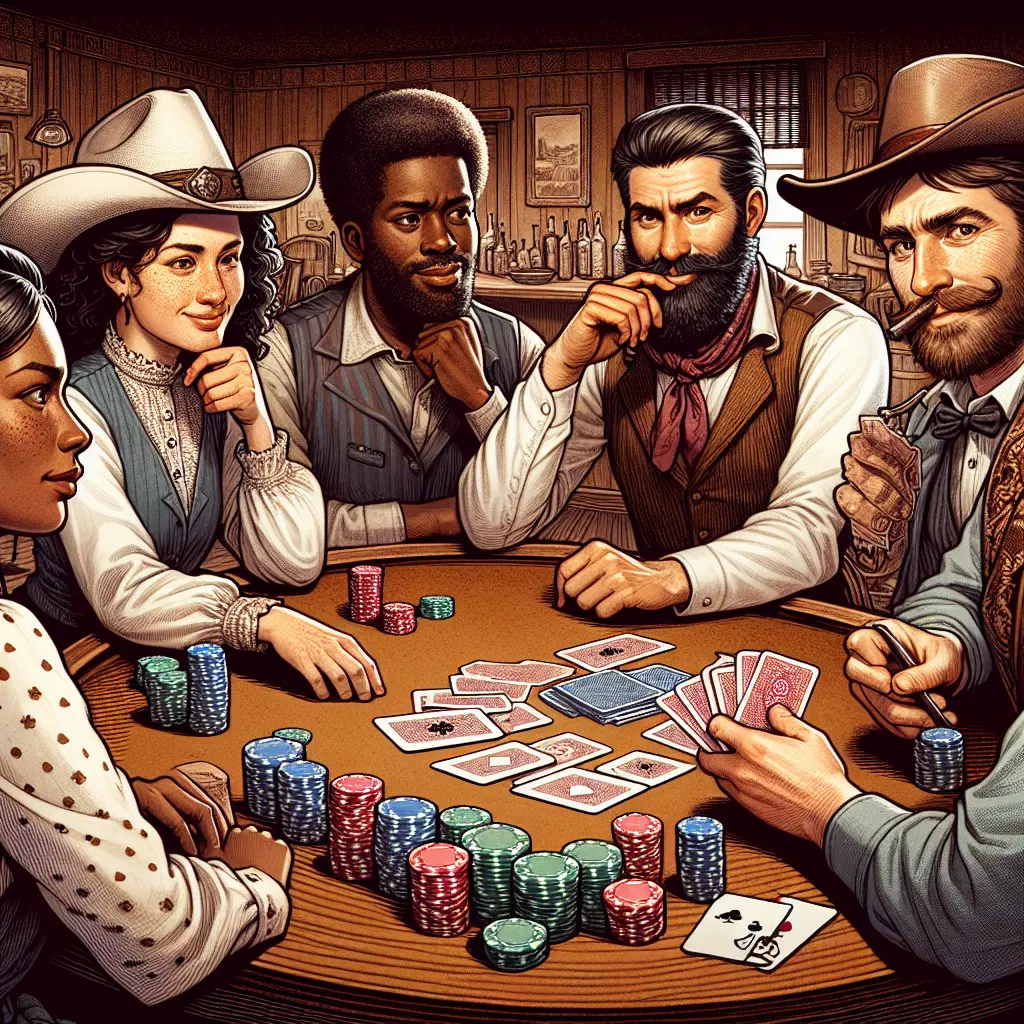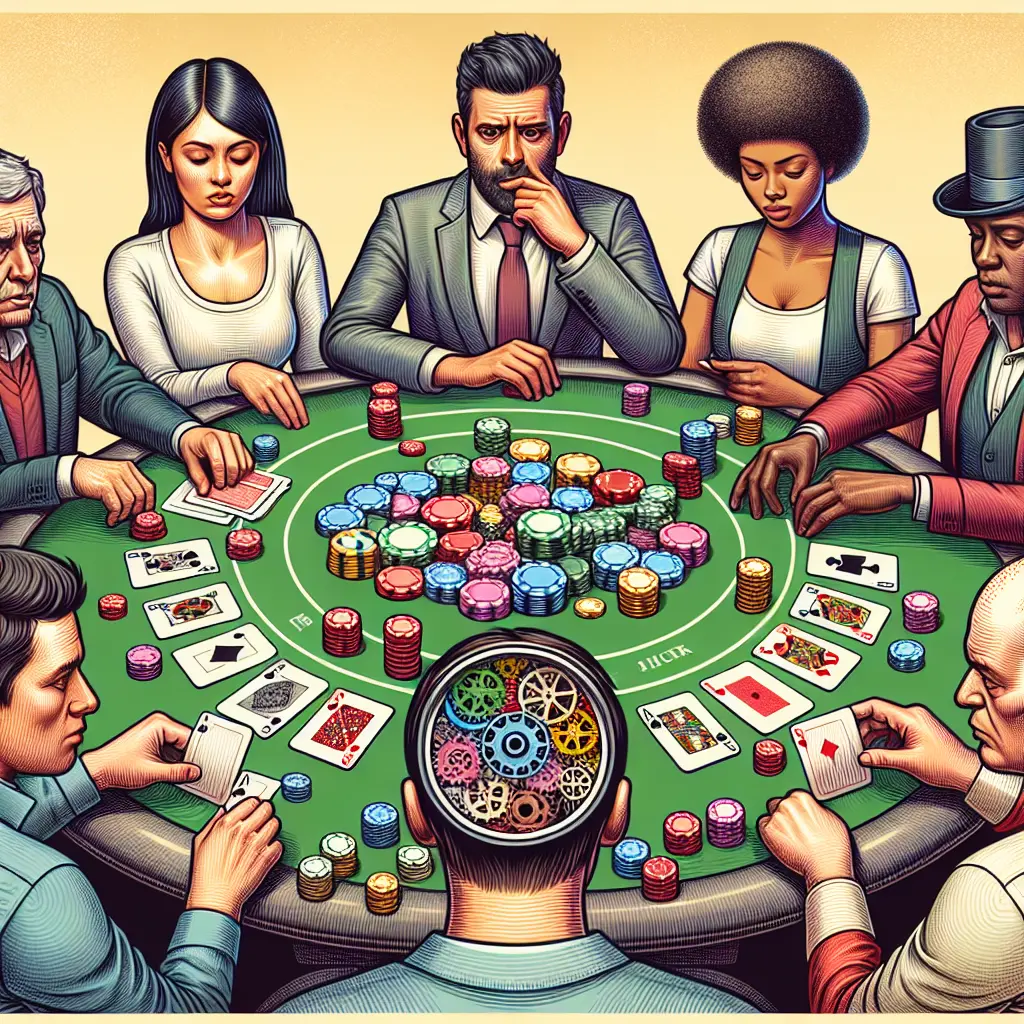Poker, a game that blends skill, strategy, and a bit of good fortune, has fascinated players and spectators alike for generations. Among the myriad skills that make a formidable poker player, the art of bluffing stands out as particularly crucial and challenging to master. Today, we delve deep into advancing your bluffing techniques in poker, integrating cutting-edge strategies and psychological insights to elevate your game.
Understanding the fundamentals of poker hands is essential before diving into advanced bluffing strategies. A Straight, for instance, is a middle-ranking hand that consists of five consecutive cards of different suits. Knowing its strength helps you decide when bluffing could tip the scales in your favor.
Similarly, a Flush, which ranks higher than a Straight, comprises five cards of the same suit, not in sequence. Recognizing these hands' value is pivotal in deciding your bluffing strategy.
Bluffing isn't merely about deception but understanding human psychology. Effective poker bluffs require an acute sense of timing and the ability to read your opponents. Observing behavioral cues and patterns can tell you when an opponent might be vulnerable to a bluff.
Bluffing in Texas Hold'em involves high stakes and high pressure. It's crucial to choose your moments wisely. For example, the late stages of a tournament when the blinds are high might be an ideal time to bluff, as players tend to tighten up their game.
Mastering Poker Bluffs
Your facial expressions and body language can make or break your bluff. Maintaining a poker face is essential to prevent giving away your hand through involuntary tells. Practicing in front of a mirror or recording your sessions can help improve control over your expressions and gestures.
Misdirection plays a significant role in successful bluffing. This could involve underbetting a strong hand to suggest weakness or overbetting a weak hand to project strength. The key is consistency in your deception tactics so that opponents find it difficult to read your strategy.
A slow roll in poker – when a player delays showing their winning hand – is considered poor etiquette and can upset the rhythm and atmosphere of the game. Avoiding such practices not only maintains the spirit of the game but also helps focus on genuine strategic moves.
In 2025, Balatro is set to receive a major gameplay update that could introduce new dynamics into poker simulations and training modules. Such advancements may offer fresh insights into bluffing techniques and strategies that could be applicable in real-world scenarios.
Poker Success Stories
Stories of big wins, like the recent million-dollar jackpot at Thunder Valley, often highlight the unpredictability of poker. While such wins are more about luck than strategy, they underscore the potential rewards that can come from mastering poker skills, including advanced bluffing techniques.
Mastering poker bluffs is about much more than just fooling your opponents. It's about carefully studying poker hands, understanding psychological dynamics, strategically deploying deception tactics, and maintaining composure under pressure.
Whether you're a novice looking to improve your poker bluffing or an experienced player aiming to refine your strategies, remember that like any skill, bluffing requires practice and patience. Keep informed about the latest in poker through updates like those on Balatro or Roku’s new Sports Channel launching this August, which promises more poker content.
Keep shuffling up and dealing, and may your bluffs always be believable.









Leave a Comment